- Have any questions?
- +86-189 8930 5995
- sales@mosinterchem.com.cn
TMTD CAS 137-26-8

4,4 ‘-Dithiodimorpholine (Dtdm) CAS 103-34-4
18/12/2018
Zinc stearate CAS 557-05-1
18/12/2018| Model: | MOS 137-26-8 |
| Brand Name: | MOSINTER |
| CAS No.: | 137-26-8 |
| Melting point: | 155 to 156 °C |
| Molecular formula: | C6H12N2S4 |
| Solubility in water: | 30 mg/L |
| Molar mass: | 240.43 g/mol |
TMTD (CAS: 137-26-8)
| Item | Index |
| Appearance | White or Light powder/granule |
| Initial M.P. ℃≥ | 142.0 |
| Loss on Drying %≤ | 0.40 |
| Ash %≤ | 0.30 |
| Residues (Sieve150μm) %≤ | 0.10(powder) |
Basic Information
Rubber additives TMTD is an ectoparasiticide. It is used to prevent fungal diseases
in seed and crops. It is also used as an animal repellent to protect fruit trees and
ornamentals from damage by rabbits, rodents and deer. It is effective against Stem gall
of coriander, damping off, smut of millet, neck rot of onion, etc. Thiram has been used
in the treatment of human scabies, as a sun screen and as a bactericide applied directly
to the skin or incorporated into soap.
Chemical properties
Thiram is a type of sulfur fungicide. It has been found to dissolve completely in chloroform,
acetone and ether. It is available as dust, flowable, wettable powder, water dispersible granules,
and water suspension formulations and in mixtures with other fungicides.
Thiram is nearly immobile in clay soils or in soils of high organic matter. It is not expected to
contaminate groundwater because of its in-soil half life of 15 days and tendency to stick to
soil particles.
Acute toxicity
Thiram is moderately toxic by ingestion, but it is highly toxic if inhaled. Acute exposure in
humans may cause headaches, dizziness, fatigue, nausea, diarrhea and other gastrointestinal
complaints.
Thiram is irritating to the eyes, skin and respiratory tract. It is a skin sensitizer. Symptoms of
acute inhalation exposure to thiram include itching, scratchy throat, hoarseness, sneezing, coughing,
inflammation of the nose or throat, bronchitis, dizziness, headaches, fatigue, nausea, diarrhea and
other gastro-intestinal complaints. Persons with chronic respiratory or skin disease are at increased
risk from exposure to thiram.
You must be logged in to post a review.
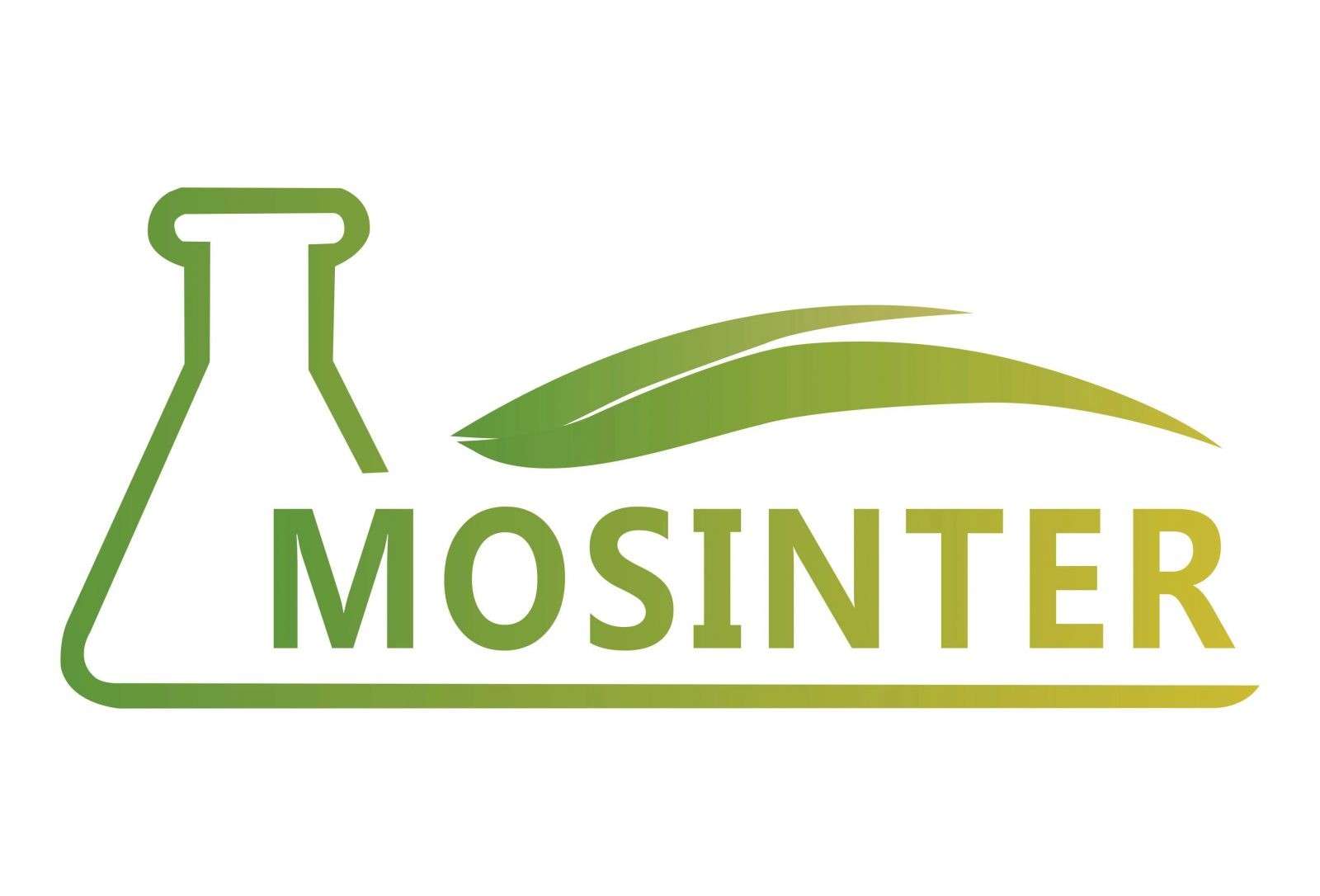
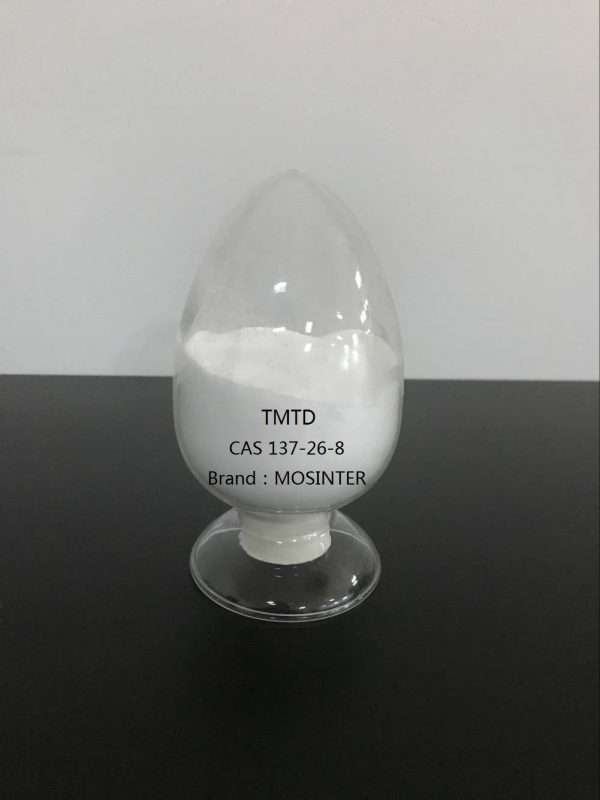
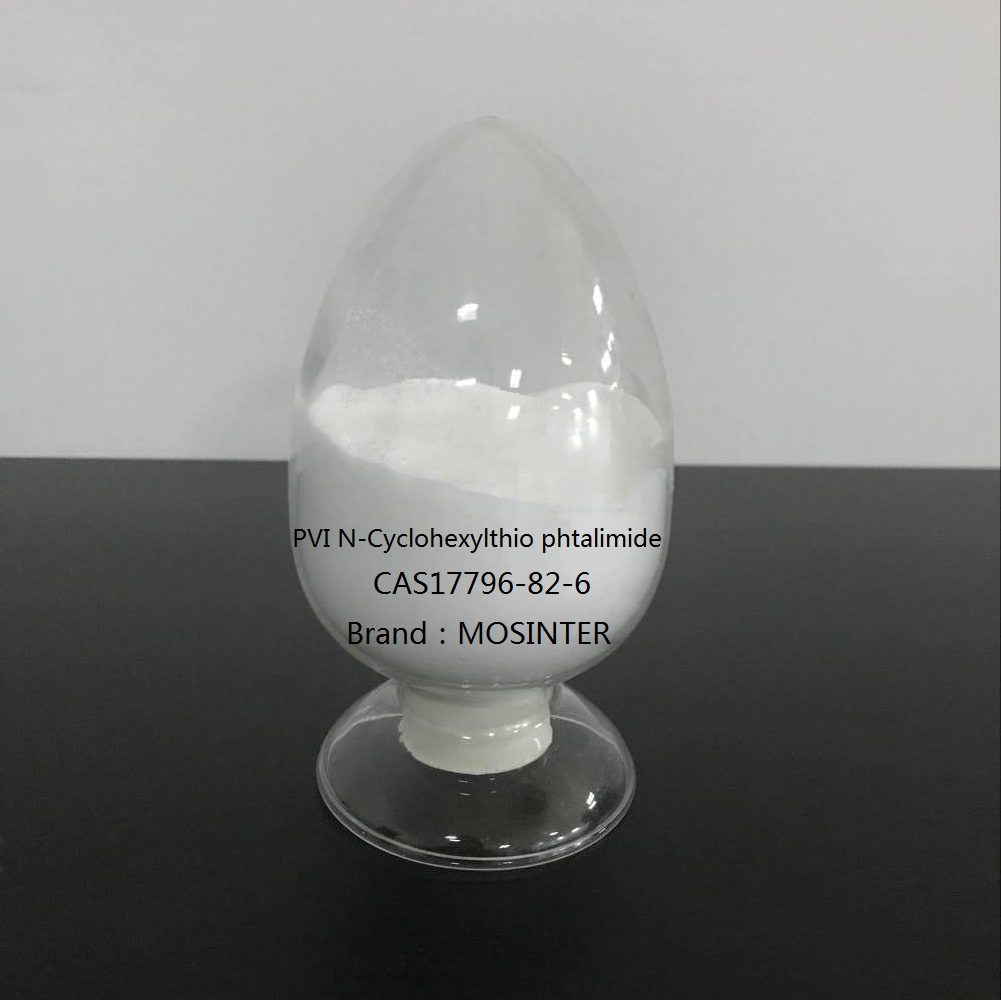
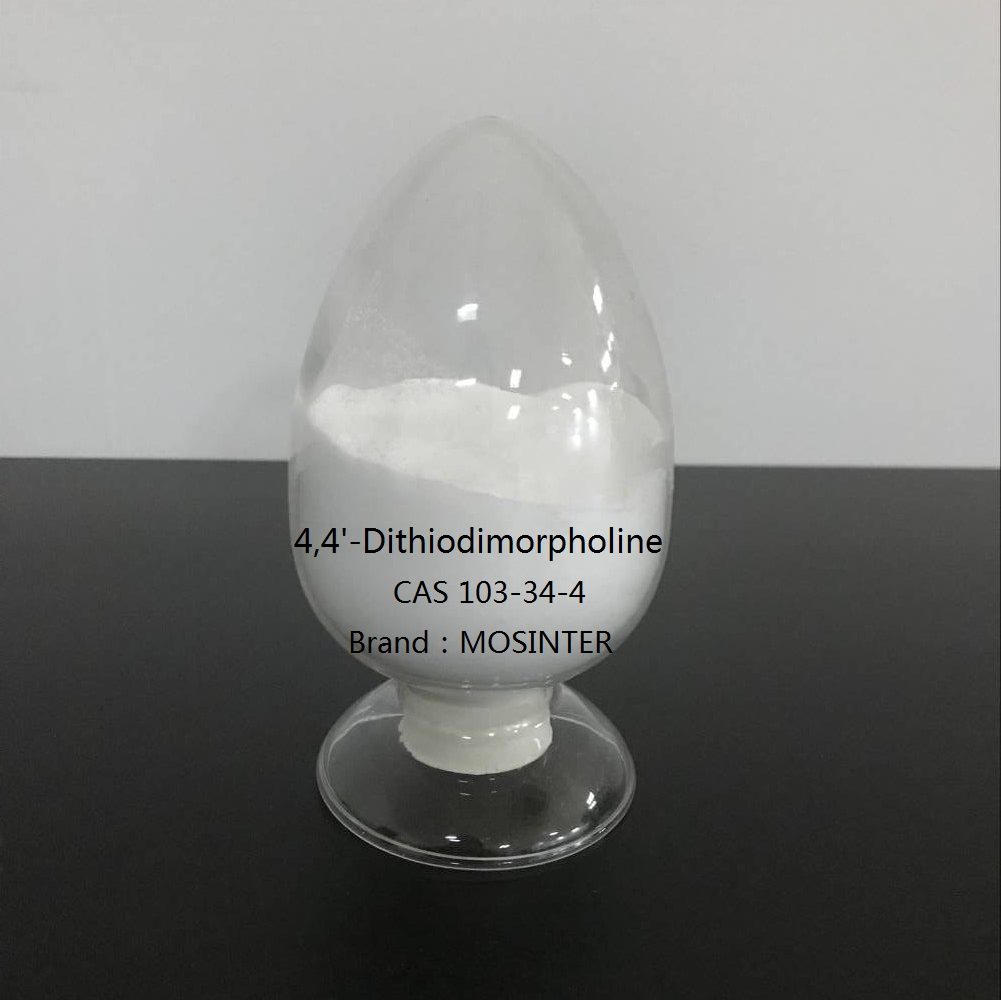
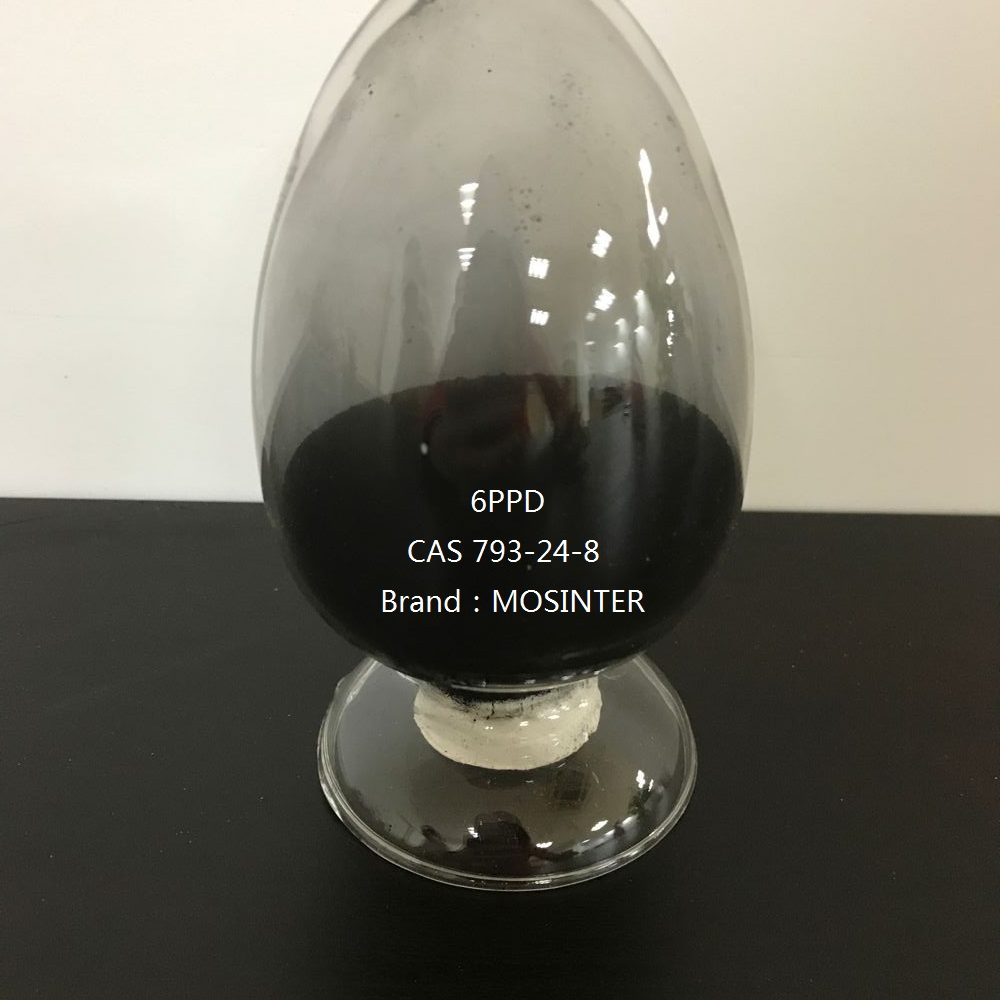
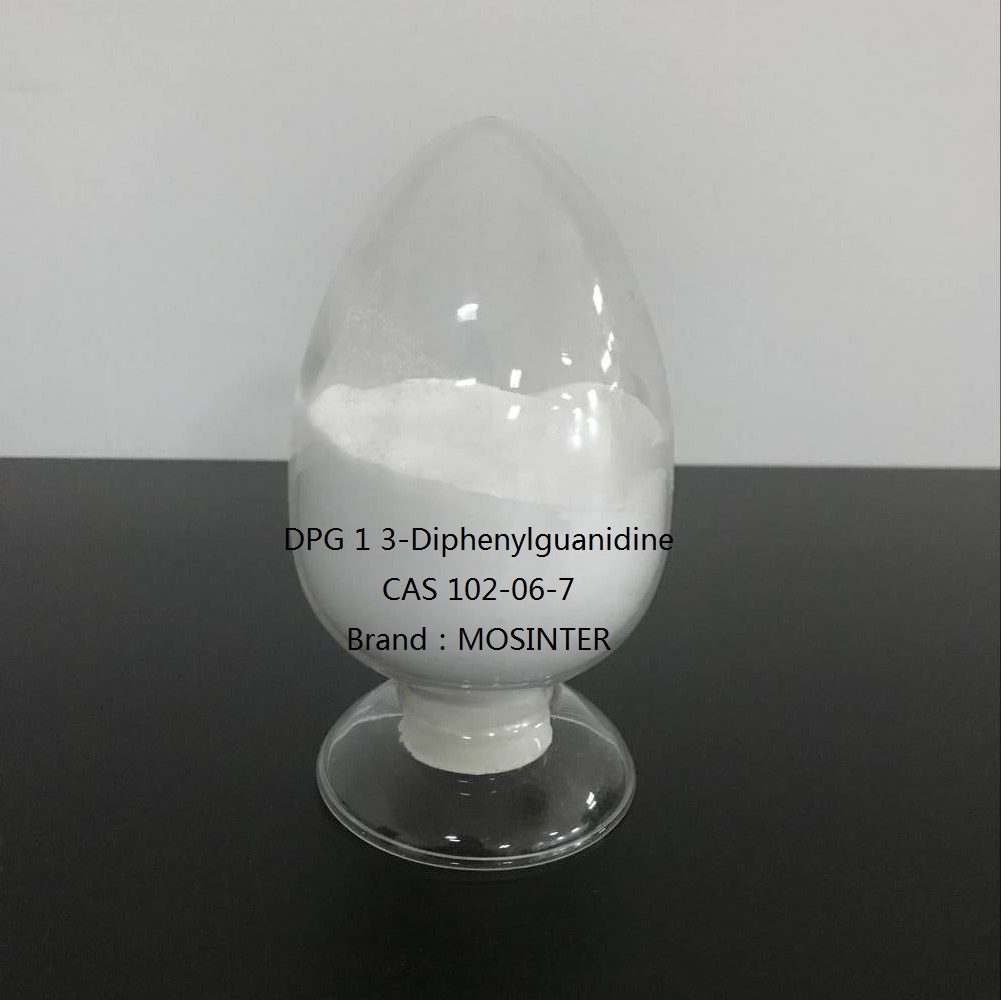
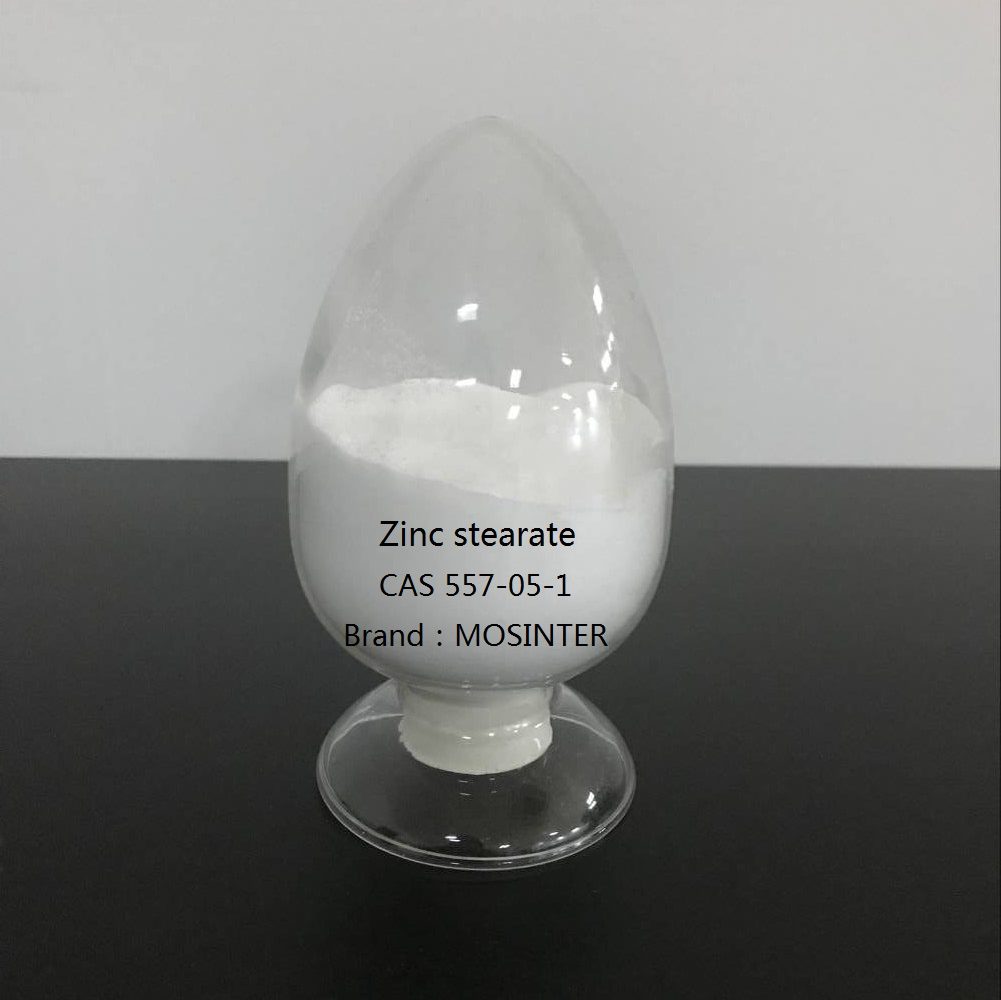
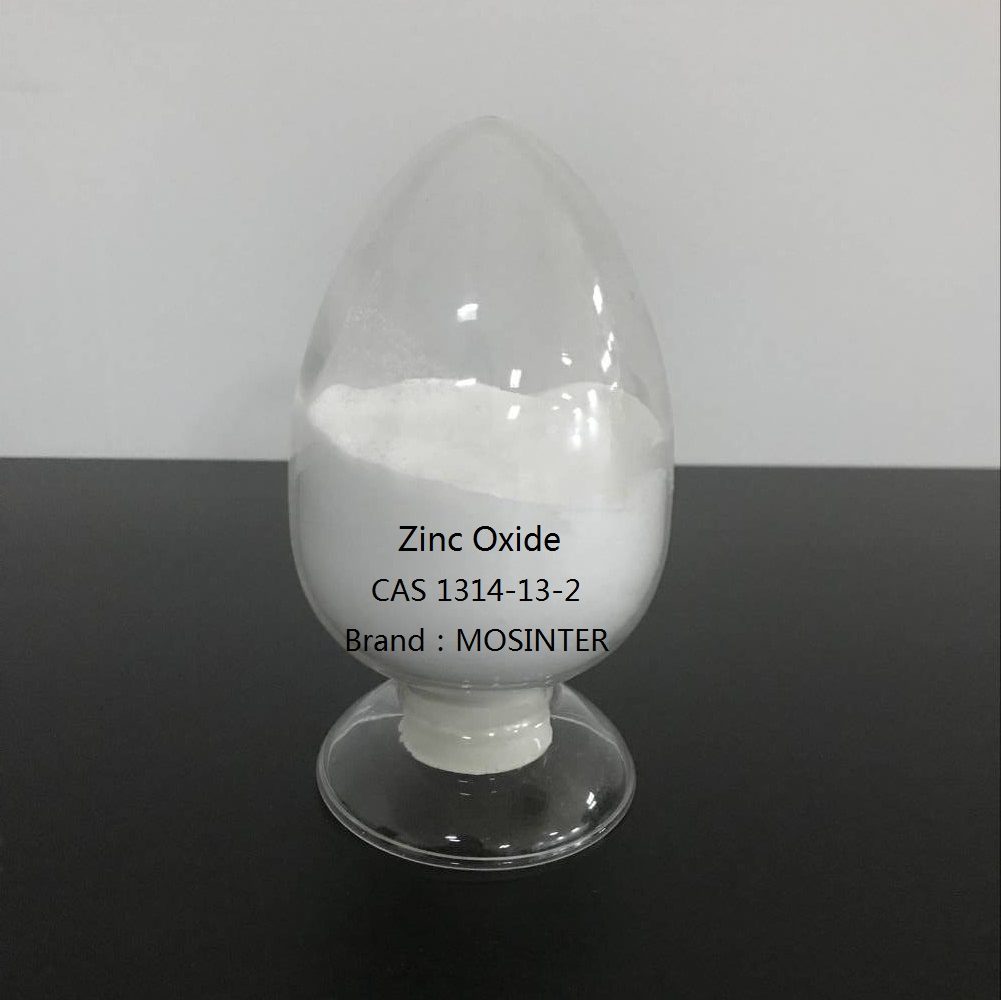
Reviews
There are no reviews yet.